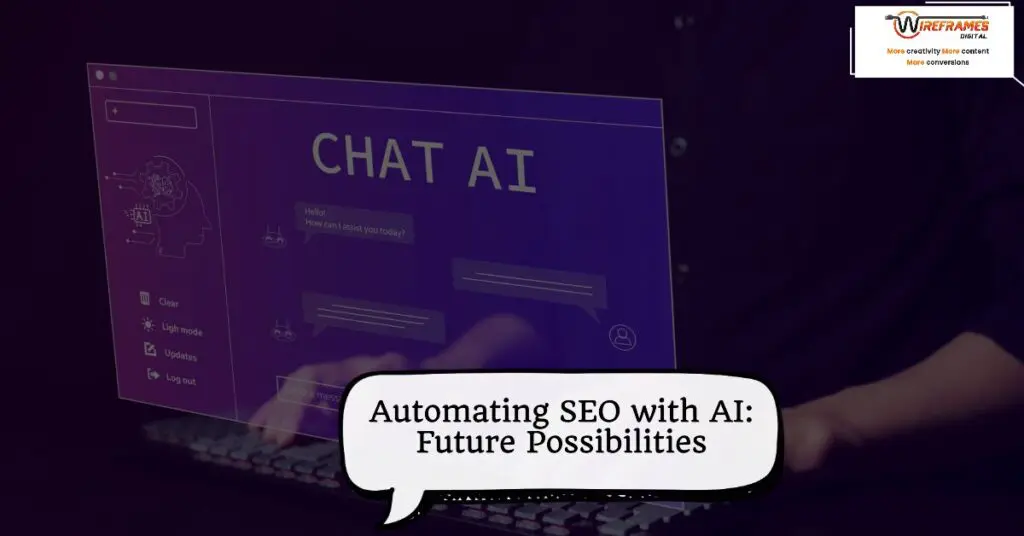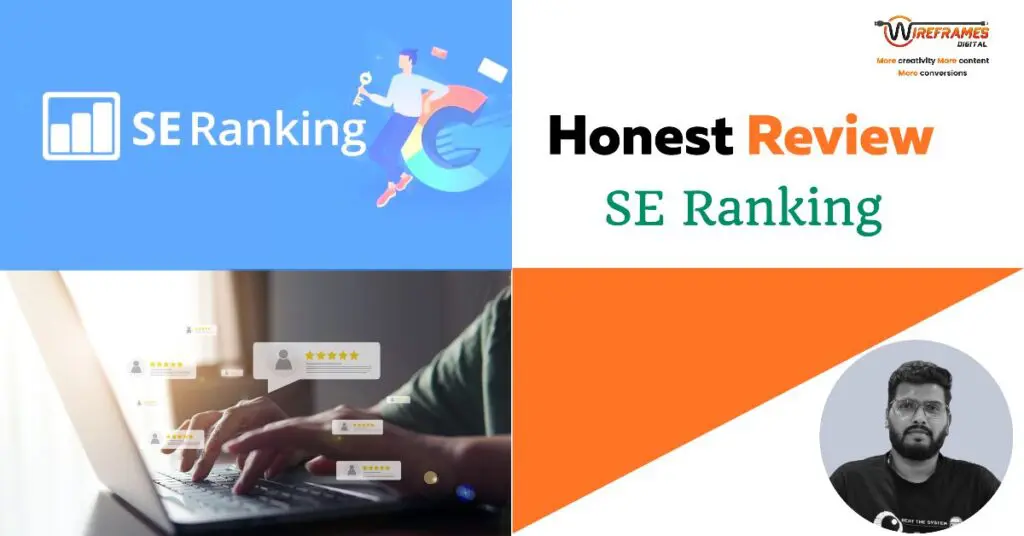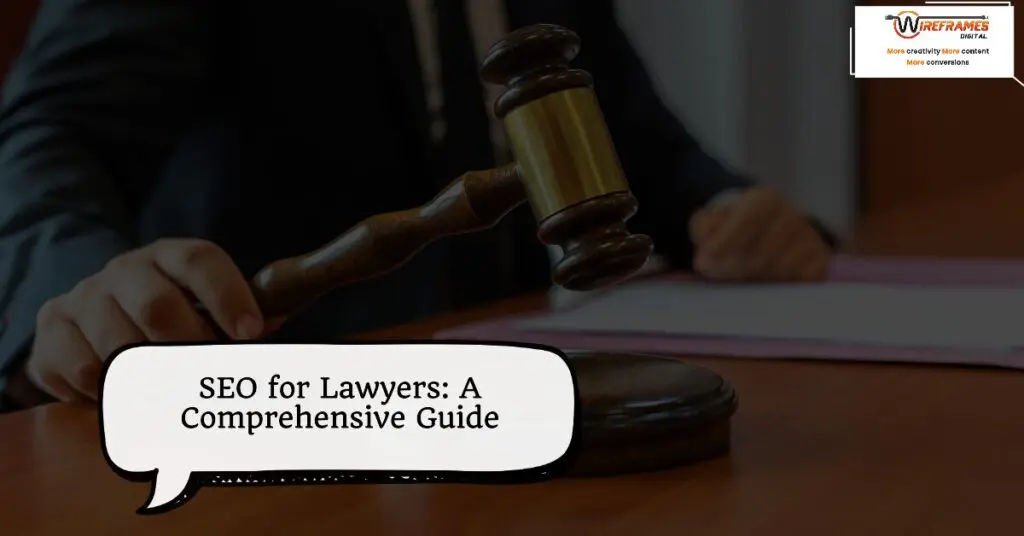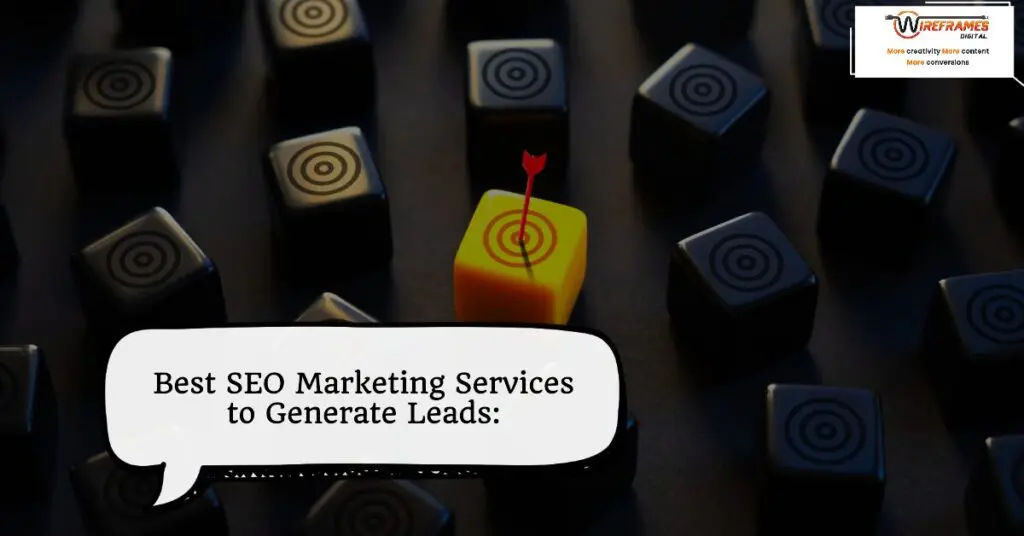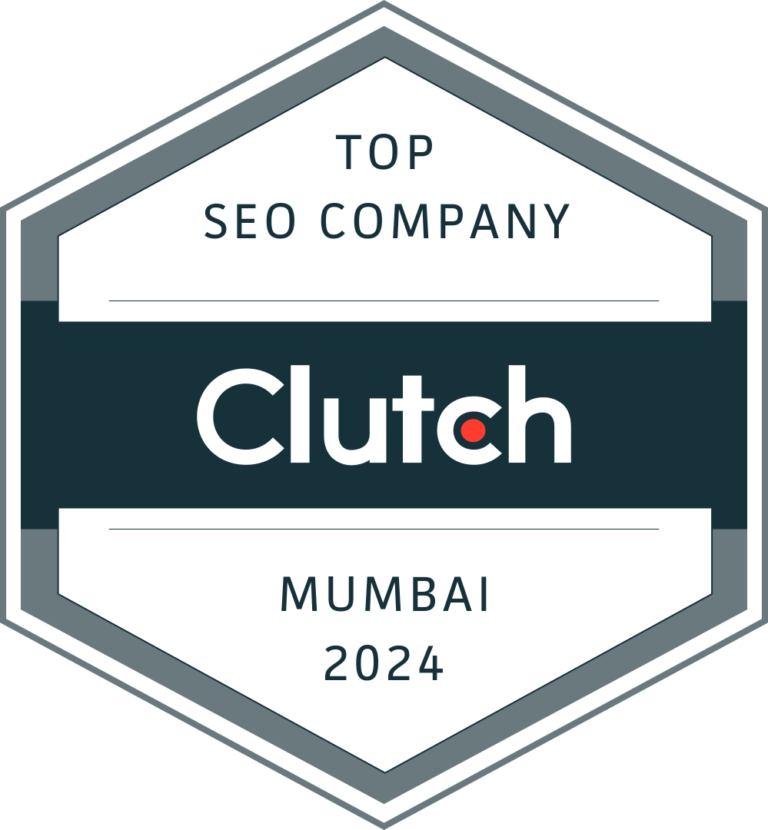In the ever-evolving digital landscape, search engine optimization (SEO) remains a core pillar of any robust online strategy. However, the techniques and tools that marketers and SEO professionals employ today are drastically different from those used just a few years ago. With the rise of artificial intelligence (AI), the SEO playing field has transformed, paving the way for a future where substantial aspects of SEO could be entirely automated.
But what does this mean for the professionals behind the optimization? And more importantly, will the dawn of AI in SEO make the human element obsolete, or just redefine it? This content will explore the possibilities and implications of AI-fueled SEO for the future, offering insights to digital marketers, SEO experts, and tech enthusiasts looking to stay ahead of the curve.
The Blurring Lines Between Manual and Automated SEO
In the early days of SEO, success hinged on straightforward practices like keyword stuffing and backlink acquisition — both of which were often easily manipulated. Today, SEO is a complex, nuanced field touching everything from content creation to website architecture. It’s about far more than merely ‘tricking’ search engines; it’s about understanding and meeting user intent.
AI has entered the SEO arena as an unprecedented game-changer, with the potential to automate tasks that could previously only be done manually.
AI’s Impact on Current SEO Practices
With the introduction of AI and machine learning, SEO tasks have seen a shift. For instance, content optimization, previously a time-consuming manual effort, is now conducted at scale and with remarkable precision. AI-driven tools can analyze vast amounts of data to suggest content improvements, such as keyword usage, tone, and even sentiment analysis to predict audience reception.
Similarly, the interpretation of ranking signals has become more sophisticated, allowing search algorithms to contextualize websites and content better. This evolution is partly fueled by AI, which has the capability to process and learn from much more data than any human could — and to do so at a staggering pace.
Manual vs. AI SEO: A New Paradigm
The age-old debate of automation versus manual labor in SEO continues, but with a twist. Where manual efforts provide nuance and creativity, AI can offer unparalleled efficiency and scale. However, this doesn’t mean one necessarily supersedes the other. Instead, it suggests that AI could redefine the human role, freeing up practitioners to focus on strategy and innovation while AI handles the heavy lifting of data analysis and execution.
The Competitive Edge of AI in Today’s SEO
Several powerful AI tools are already shaping the SEO landscape. Platforms like MarketMuse and Clearscope utilize AI to assess content quality and relevance, providing actionable recommendations that enhance search visibility and user experience. At the same time, tools like Ahrefs and SEMrush harness AI to assist with competitive analysis and keyword research at unparalleled depths.
The Limitations and Downsides
While AI presents numerous advantages, it’s not without its constraints. Critics argue that AI can be a black box, with the inner workings of proprietary algorithms often undisclosed. This lack of transparency can lead to a lack of predictability, making it difficult to know precisely how AI tools reach their conclusions. In addition, there’s the ever-present threat of AI bias, which could inadvertently skew results in ways that suit the creators’ intent rather than providing equitable, impartial analysis.
The Future of SEO: Will It Be Fully Automated?
The prospect of an entirely automated SEO system is not just hype. Recent technological advancements point toward a future where AI could handle many elements of SEO, like content generation, data analysis, and even strategic decision-making. However, human involvement — particularly in the areas of creativity, judgment, and strategy — is likely to persist. Here are the AI-driven possibilities that could shape the future of SEO.
Content Generation: With Bots as Writers
The most aggressive forays into AI-powered content creation are generating a mix of responses, from intrigue to concern. Using vast repositories of existing content, some AI systems can now ‘write’ entirely new articles. The concern for many is that such systems may flood the internet with plagiarized or low-quality content that devalues the user experience.
Balancing Act: AI, Originality, and Quality
However, AI’s potential to generate highly-relevant, original, and high-quality content is a possibility that can’t be ignored. When used ethically and with human oversight, AI content creation could become an invaluable tool for managing huge content loads and ensuring consistency and relevance.
Dynamic and Personalized SEO Strategies
AI’s strongest suit perhaps lies in its ability to adapt and learn. In an automated SEO future, AI could monitor competitor movements, track search engine updates, and make adjustments to strategies in real-time. Furthermore, it could provide insights into user behavior, offering the opportunity for extremely targeted and personalized SEO campaigns.
The Role of Human Strategy in an AI-Optimized Future
For all its prowess, AI is no substitute for the human factor in strategy development. The ability to gauge societal trends, read between the lines of big data, and inject creativity into the mix will remain the domain of human SEO experts, complemented by AI’s execution of empirical, data-driven tasks.
Technical SEO and Website Architecture
Optimizing a website’s technical performance for search engines is another area that AI could transform. Predictive analytics and advanced learning models could pre-emptively optimize websites, addressing issues before they impact rankings.
The Quest for Ethical and Inclusive AI
One of the most pressing concerns as we move forward is ensuring AI’s impartiality and inclusivity. This is especially true when considering that search results can significantly impact how information is accessed and distributed. Efforts to remove bias from AI and ensure that it reflects diverse perspectives will be instrumental in the development of a fair and equitable SEO landscape.
The Challenges of an Automated SEO Ecosystem
The road to a fully-automated SEO ecosystem is fraught with challenges. From the ethical considerations of AI deployment to maintaining the quality and relevance of online content, the implications of AI-driven SEO are complex and far-reaching.
At the Crossroads: Ethical SEO and AI Deployment
One of the first issues that need to be addressed is the ethical deployment of AI in SEO. This involves being transparent about the use of AI in content creation, ensuring that it doesn’t lead to the manipulation of search results, and respecting privacy laws and user rights.
Ensuring Transparency and Intentionality in AI Methods
As SEO professionals, it will be essential to demand clarity and transparency from AI tools and platforms. Understanding how they reach their conclusions and being vigilant for unintended consequences will be a vital part of ensuring the ethical use of AI in SEO.
Human Oversight: The Crucial Element
The best AI systems will always need an element of human ‘checking’ to ensure that their output is aligned with broader organizational objectives and values. This is particularly true for sensitive areas, where the AI’s recommendations could have significant implications if followed blindly.
The Marriage of AI and Human Expertise
Optimizing the potential of AI in an SEO context is dependent on a judicious balance between automation and oversight. AI tools that are enhanced by human expertise can lead to more effective and ethical SEO practices.
Education and Upskilling: Preparing for the SEO of Tomorrow
The rapid advancements in AI mean that the SEO professionals of tomorrow will need to be comfortable not just with data analysis and content creation but also with the principles and practical applications of AI. This will require a commitment to continuous learning and professional development.
Staying Ahead: The Importance of Lifelong Learning
The best defense against being rendered obsolete by AI is to stay informed and educated. Professional organizations and educational institutions need to adapt their curricula to ensure that the SEO professionals of the future are equipped with the skills they need to thrive in an AI-driven world.
The Inevitable Evolution of SEO and Digital Marketing
The integration of AI into SEO marks an evolution, not a revolution. The landscape is transforming, and the skills required for success are evolving alongside it. Automation will change the competitive dynamics, making it necessary for businesses to adopt AI-driven SEO tools to remain competitive.
Rethinking SEO Strategy with AI in the Mix
The inclusion of AI in SEO practices demands a shift in thinking. Strategy development will need to incorporate the potential of AI, with practices fine-tuned to give a human edge to the machine’s output. This will require imagination and vision, harnessing AI to realize creative and strategic objectives while maintaining a human touch.
The Competitive Edge of Early AI Adoption
Businesses that are quick to adopt AI-driven SEO strategies will have an early-mover advantage. They’ll be able to gather insights more quickly, adapt to changes more effectively, and optimize their content with greater precision. It’s an exciting prospect that could open new doors for innovative, forward-thinking organizations.
Conclusion: AI and the New SEO Horizon
The integration of AI into the fabric of SEO is not just impending — it’s here. The SEO landscape is being reshaped by these technological advancements, with a future that holds both unprecedented opportunities and complex challenges.
The ultimate goal is not to replace human expertise with AI but to enhance it. By embracing the possibilities of AI in SEO while carefully considering and navigating its challenges, businesses and professionals can unlock new levels of performance and efficiency.
The SEO of the future will be a blend of AI and human thought, intuition, and creativity. The SEO professionals who will thrive in this environment are those who can harness the power of AI while adding value through their unique skills and insights.
For now, and the foreseeable future, it’s our job to understand and refine this balance. AI in SEO is not about replacing us but about enabling us to do more, do it better, and do it with greater imagination than ever before.
Summary
- AI is rapidly transforming the SEO landscape by introducing automation, efficiency, and scale to traditional SEO practices.
- While AI tools currently assist with various SEO tasks, the full automation of SEO — from content generation to strategy development — is on the horizon.
- Deploying AI in SEO requires careful consideration of ethical use, human oversight, and ongoing professional upskilling.
- SEO professionals must adapt their skill sets and strategies to incorporate the advantages of AI while maintaining the human element of judgment and creativity.
- Businesses that leverage AI in SEO can gain a significant competitive advantage, but the coexistence of AI and human expertise will be crucial for long-term success.


